
The day began, as it had so often in the past, with a reminder from the Board of Behavior Sciences. “This is to notify you that your License is up for renewal,” it told me in bold black letters. The Board licenses several professions in the mental health field including:
- Marriage and Family Therapists (MFTs) who the Board says, “provide therapy to individuals, couples, and families.”
- Licensed Educational Psychologists (LEP), “Professionals who focus on the psychological aspects of education and learning.”
- Licensed Professional Clinical Counselors (LPCC), “Counselors who offer mental health services and guidance.”
- Licensed Clinical Social Workers (LCSW), “Social workers who provide mental health services and support.”
The truth is there are more and more professionals working in the field and what we do often overlaps and can’t be easily categorized. I hold license #5066, as Licensed Clinical Social, a license I have had since 1970 and one I have renewed religiously for the last 55 years. Every two years I am required to pay a fee, submit proof that I carry liability insurance, and have completed the required 36 hours of continuing education.
Today I have signed the papers which will retire my license. This decision was sudden and unexpected, but a long time coming, and requires some historical reflection to make sense of it all.
I graduated from U.C. Santa Barbara on June 21,1965 and prepared for a summer break to spend time visiting friends in Mexico before going off to medical school at U.C. San Francisco where I had been accepted in the fall and awarded a four-year-full-tuition fellowship.
I had studied hard in college, earned high grades, was involved in enough extracurricular activities to show I wasn’t a complete nerd, and was looking forward to becoming a medical doctor and eventually a psychiatrist. Few people knew that my hidden motivation to become a doctor was that I imagined that if I was successful, I would be able to help men like my father.
As I described in my book, My Distant Dad: Healing the Family Father Wound, when I was five years old, my father had a “nervous breakdown” and took an overdose of sleeping pills because he felt he couldn’t support his family (me and my mother) doing work that he loved (he was an actor, playwright, and author). I was charged by my mother to go with my uncle each week to visit my father who had been committed to Camarillo State Mental Hospital north of our home in Los Angeles. When I asked my mother why didn’t go, she simply said, “Your father needs you.”
I wasn’t sure what a five-year old could do, but as my mother often described me, I was her “brave little man.” I promised I would go and do whatever I could to help my father heal.
What passed for “mental health” treatment in 1949 was not very helpful. My father continued to get worse. On the final visit when I was six years old, my father turned to my uncle and asked, “Harry, who is this kid you’ve got with you?” I was devasted. I thought, somehow, I could help my father and deep down I felt I was responsible for his problem, and I had failed him, my mother, and myself.
In my child-brain I reasoned that the cause of his depression was the stress of having to support a wife and child. Since I imagined he was O.K. until I came along, I reasoned that I must be responsible for what happened to him.
I grew up wondering what happened to my father, when it would happen to me, and what I could do to make up for my failure as a dutiful son.
In 1965, at the age of twenty-one, I finally made it into medical school. I looked forward to getting the training I needed to help men like my dad and families like ours. But I soon became disillusioned. I found that medical school was elitist and geared towards those who fit into a rather dysfunctional, male-dominated, system.
Before our first classes began the six of us, who had the coveted Regents fellowships, were driven across the bay to ritzy Marin County, wined and dined, and made to feel special. The message was clear: Follow the rules, play the game, and this will be yours someday.
This was not the message that resonated with a boy whose parents were lefty-activists who grew up accompanying my parents handing out leaflets and seeking to organize workers at the local General Motors plant. My reaction to what I saw after being in medical school a few months, was to get out as soon as I could.
One day in class, I knew I had to leave. I went to see the dean of the school and told him I didn’t want to be a doctor after all. Since there was still time to replace me, my resignation was quickly accepted, though I had to see a psychiatrist before I could leave. From their point of view giving back the money for a four-years of medical education was clearly an indication of mental instability, though it never occurred to me that I could keep the money.
When asked where I planned to go, I had no idea, but I blurted out, “I want to be a social worker.” The dean brightened at a simple solution.
“Oh, so you’ll be going to U.C. Berkeley to the School of Social Welfare. Say hello to my friend Dean Chernin.”
I had no idea where Berkeley was, but I borrowed a car, drove across the bay, found the School of Social Welfare, and the two deans worked out a plan for me to remain enrolled at the Medical School, but do course work in Berkeley and apply to graduate school the following year.
I soon felt at home in my new surroundings, a different kind of place than the medical school I was leaving. The first obvious different was that medical school was predominantly male. There were only a few women in my 1965 class. Social welfare was the opposite. It was predominately female with only a few males.
But the difference ran much deeper. The curriculum in medical school was limiting, focused primarily on body parts and systems. Social work was much broader, focused on mental, emotional, relational well-being, family systems, and community organizing.
The reading and coursework covered a wide variety of issues, and I came to understand the limitations of the system I had left. I later read the book by social scientist Riane Eisler called The Chalice & the Blade: Our History, Our Future which helped me better understand the different systems.
“This theory, which I have called Cultural Transformation theory,” proposes says Eisler, “that underlying the great surface diversity of human culture are two basic models of society. The first, which I call the dominator model, is what is popularly termed either patriarchy or matriarchy — the ranking of one half of humanity over the other. The second, in which social relations are primarily based on the principle of linking rather than ranking, may best be described as the partnership model. In this model — beginning with the most fundamental difference in our species, between male and female — diversity is not equated with either inferiority or superiority.”
My experience in medical school fit more the dominator model, while my experiences in social work school fit more the partnership model. But over the years that began to change gradually until now, I realize, the professional system has tipped towards domination and it’s time for me to leave.
My New Career at 82
The truth is, like many areas of our lives, what worked in one era, no longer works as we mature and have a clear vision of who we are and what we need. For years I tried to hold to my partnership values and practices despite the slowly but steadily growing domination and disconnection I was seeing in my profession and the world.
Today, I decided I could no longer be part of a system that I felt was dysfunctional. Officially, my position as a Licensed Clinical Social Worker won’t expire until my eighty-second birthday on December 21st. So, I’ve got some time to figure out what is next for me. I hope you’ll share your thoughts and feelings.
Here are some things I know for sure and more things, I’m sure, will be revealed to me in the next few months:
- Since my wife, Carlin’s, fell, had hip-replacement surgery, and suffered a stroke in 2023, our lives have changed dramatically and I have become a full-time caregiver, which is both wonderful and challenging.
- Carlin and I have been married for 45 years and look forward to more years together. We remain engaged with our six grown children, seventeen grandchildren, and four great grandchildren. This is also a great blessing and also a challenge to support their changing lives.
- I feel I have at least ten good years to contribute my skills and experiences to helping men and their families to live fully, love deeply, and make a positive difference in the world.
- I want more peace and quiet in my life and less noise. In their book, Golden: The Power of Silence in a World of Noise, Justin Zorn and Leigh Marz, offer expert guidance to turn down the noise and tune into gifts of silence.
- I want to work with others who desire to re-connect us with other people, even those who have very different views than our own. A divided humanity is not long for this world. We need true partnership.
- I want to reconnect with the larger community of life on planet Earth. As the historian Thomas Berry warned us, “We never knew enough. Nor were we sufficiently intimate with all our cousins in the great family of the earth. Nor could we listen to the various creatures of the earth, each telling its own story. The time has now come, however, when we will listen or we will die.”
- I want to be part of a healing community where we can practice partnership principles and work together to create “islands of sanity” in a world where too many humans believe we must double-down on domination, rather than admitting we have lost our way.
I look forward to your feedback. Please drop me a note to Jed@MenAlive.com. Please share any thoughts and feelings about my plans. What are your own ideas about what is most needed for us to survive and thrive in these challenging times?
I write a new article each week and am feeling drawn to writing more personal articles like these. What do you think? If you are not part of our community already, I invite you to join and receive my free weekly articles and updates on our work. https://menalive.com/email-newsletter/
 Maria Popova
Maria Popova
 7 hours ago
2
7 hours ago
2
.jpeg)




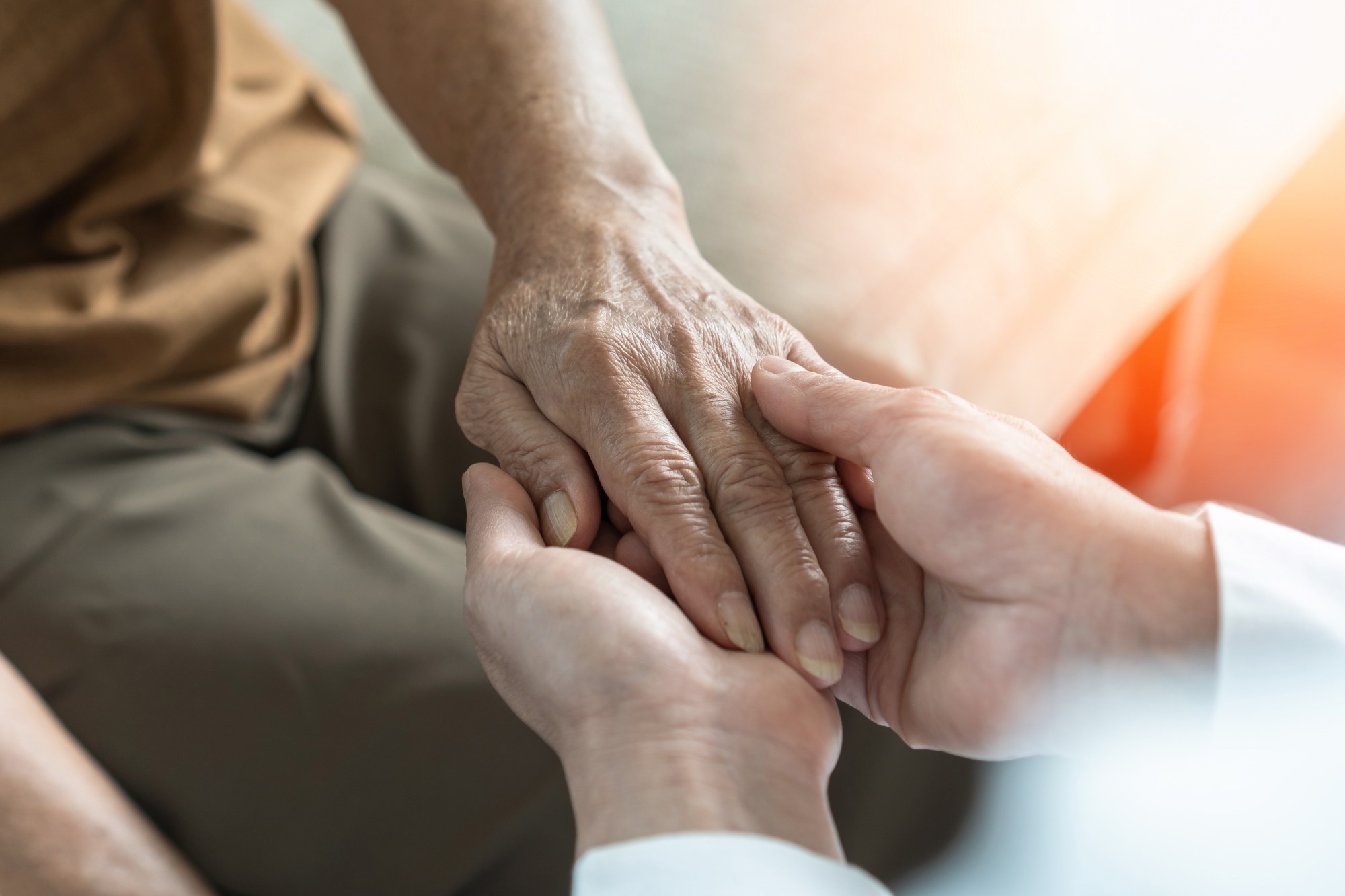
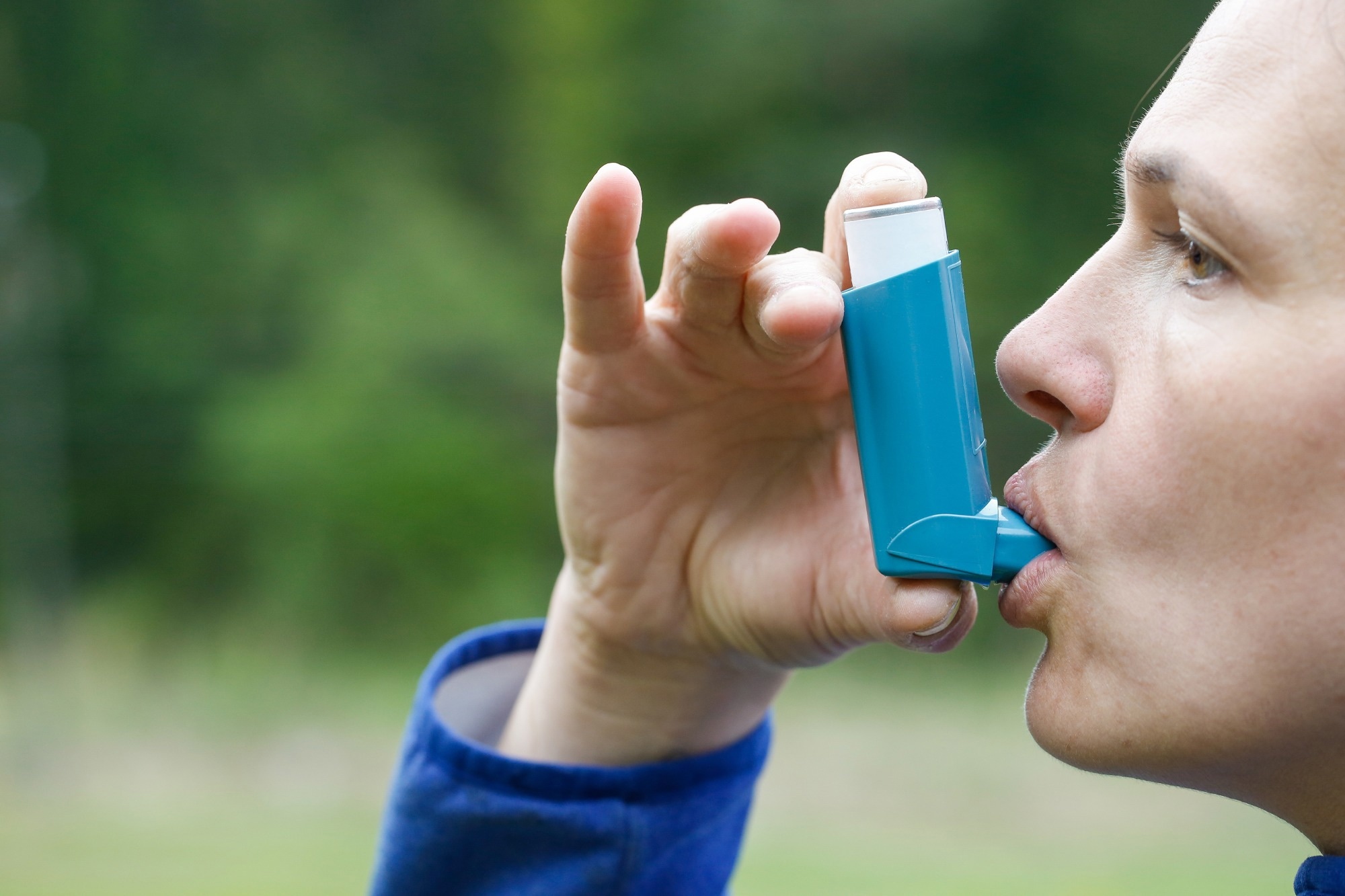

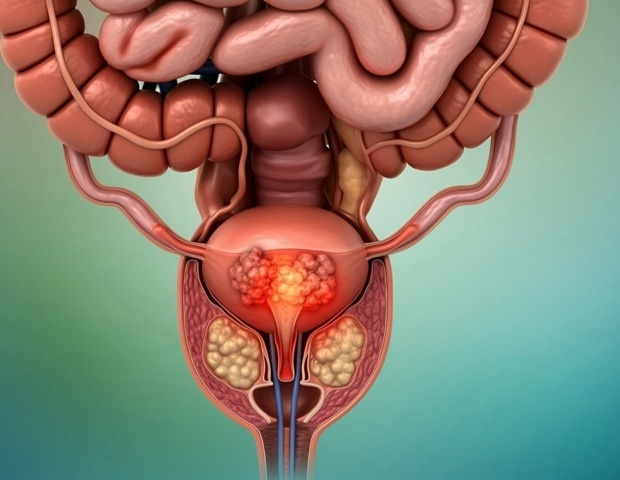

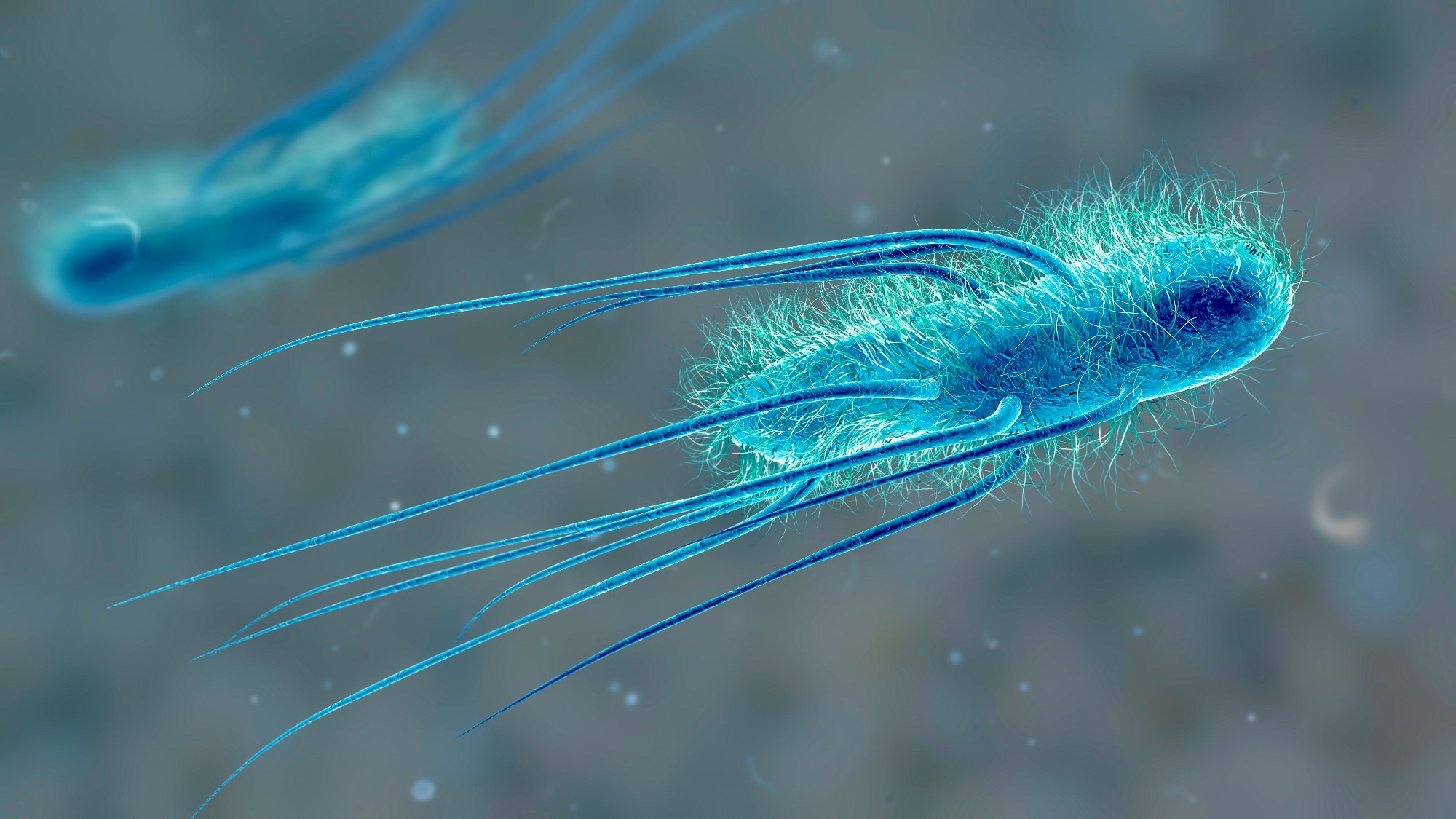



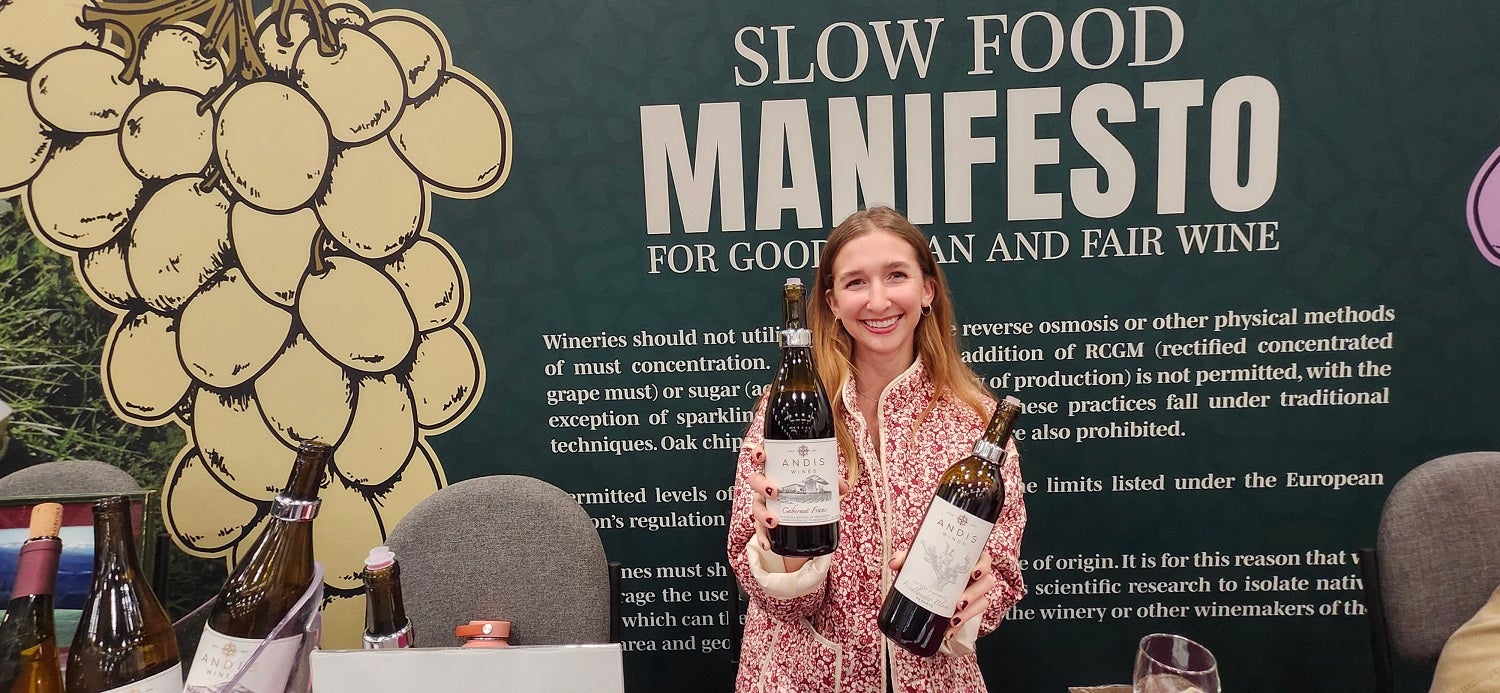










.jpeg)











 English (US) ·
English (US) ·